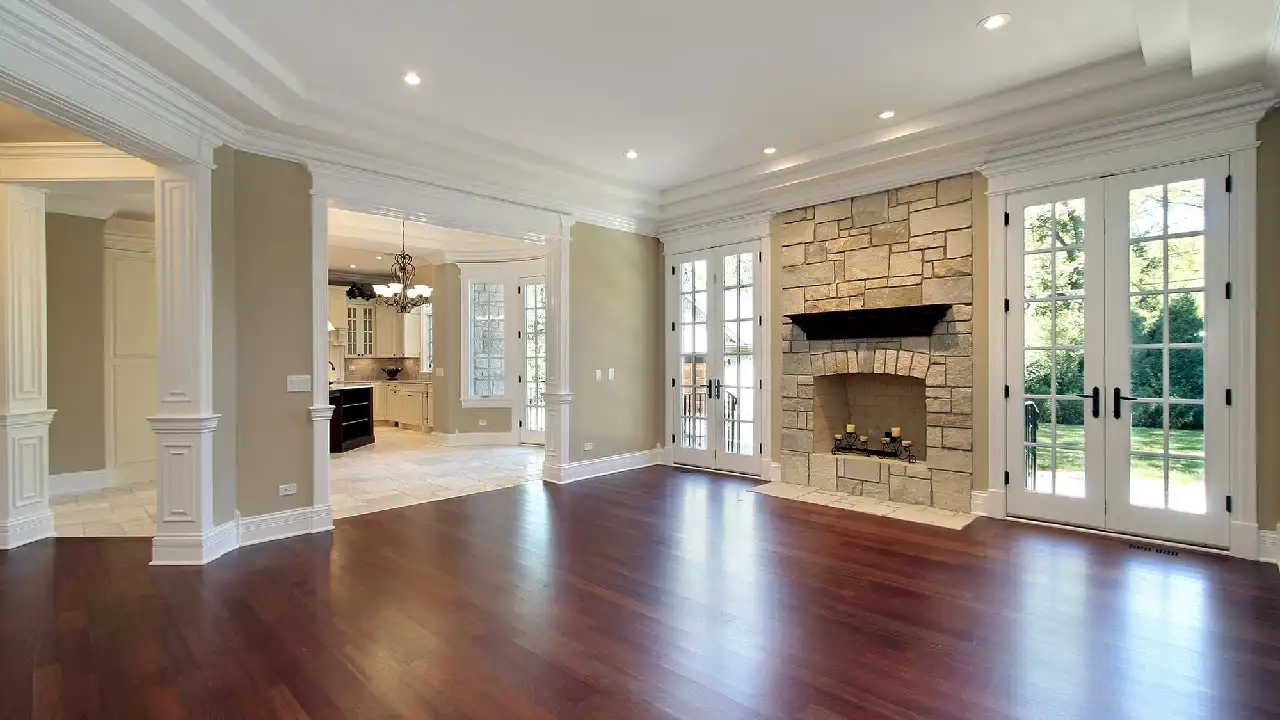Home Improvement
Prefinished vs Unfinished Hardwood Floors: What Are the Differences?

Hardwood floors can add 3% to 5% value to a home. Many homebuyers are seeking homes with hardwood floors already installed.
If you have no plans to sell your home, you’ll still appreciate the many benefits of adding hardwood to your home.
Yet, once you start looking, you’ll quickly realize you have some decisions to make, including choosing prefinished vs. unfinished hardwood floors.
Wondering how the two types of hardwood floors are different? Read on to learn more about the differences between prefinished hardwood floors and unfinished hardwood floors and the advantages of both types.
Prefinished Hardwood Floors
In more recent times, prefinished hardwood floors have become popular with consumers. Don’t get fooled that it isn’t wood because it comes prefinished.
Prefinished wood floors are solid wood; they just come sanded, stained, and coated with polyurethane. Prefinished flooring gets prepped in a factory.
Each board is individually sprayed with polyurethane. Then each board is oven baked with aluminum oxide to create a tough acrylic finish. All this is done in the factory ahead of time.
Once the floor gets installed, it’s complete and ready for use.
Advantages of Prefinished Hardwood Floors
There are a host of advantages to consider with prefinished hardwood floors.
One of the biggest advantages of a prefinished floor is that it can save the homeowner time. You don’t need additional time and labor to complete the floors. Since the floors are prefinished, they are ready for use once installed.
Many people also appreciate that prefinished floors are less messy for the homeowner. No sanding is necessary, so you avoid all the dust in your home.
In addition to no sanding, you also don’t have any odors because the floor already comes with the finish on it. The unfinished floor has to be finished with polyurethane which comes with odors and wait time.
Sometimes the cost can be an advantage, too, since the prefinished floor won’t require all the labor that an unfinished floor needs.
Unfinished Hardwood Floors
Unfinished flooring is installed into your home as bare wood. Once installed, it needs to be sanded, stained, and coated with polyurethane in the home.
While there are disadvantages to unfinished flooring, many people love that the floors become a work of art as they’re finished right in the home by craftsmen.
Advantages of Unfinished Hardwood Floors
One significant advantage to unfinished floors is that you don’t get the beveled edge between pieces of wood like you would get with a prefinished floor.
An unfinished floor gives you a wide range of wood options and nearly endless possibilities for stain color and finishes on the floor.
If you’re adding wood flooring next to a space that already has existing flooring, it makes it much easier to match the floors when you install unfinished floors.
A long-term advantage to unfinished floors is that they can get refinished over and over. Read here to learn more about the process of refinishing existing floors.
Prefinished Vs. Unfinished Hardwood Floors
There are advantages to both options when comparing prefinished vs. unfinished hardwood floors. It might depend on where you’re installing the floors and your personal preference to decide which is best for your home.
For more home improvement articles like this, be sure to visit our page often.
Kenneth is a proud native of sydney, born and raised there. However, he pursued his education abroad and studied in Australia. Kenneth has worked as a journalist for almost a decade, making valuable contributions to prominent publications such as Yahoo News and The Verge. Currently, he serves as a journalist for The Hear Up, where he focuses on covering climate and science news. You can reach Kenneth at [email protected].










